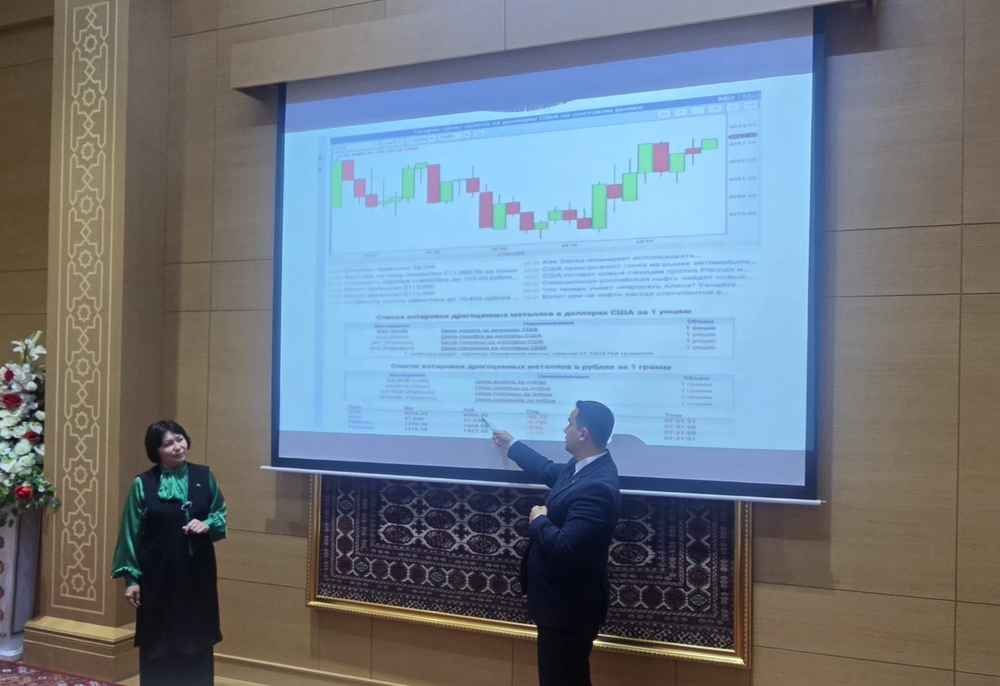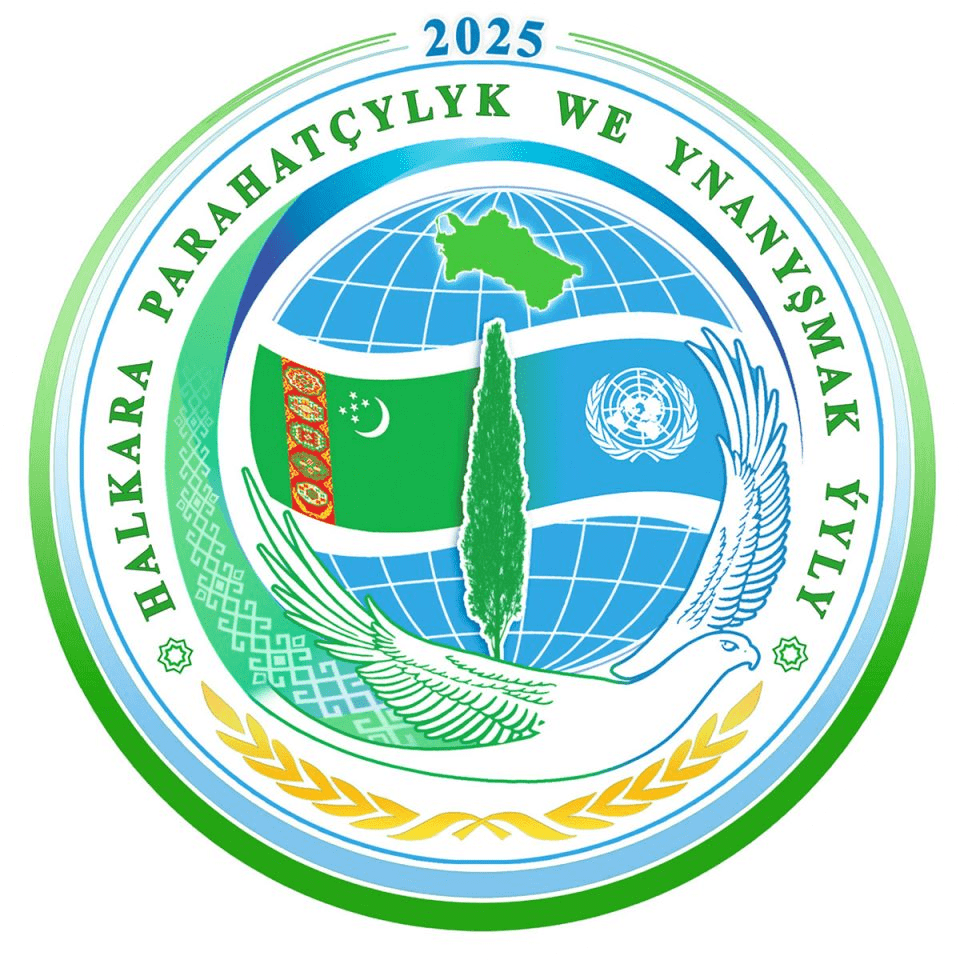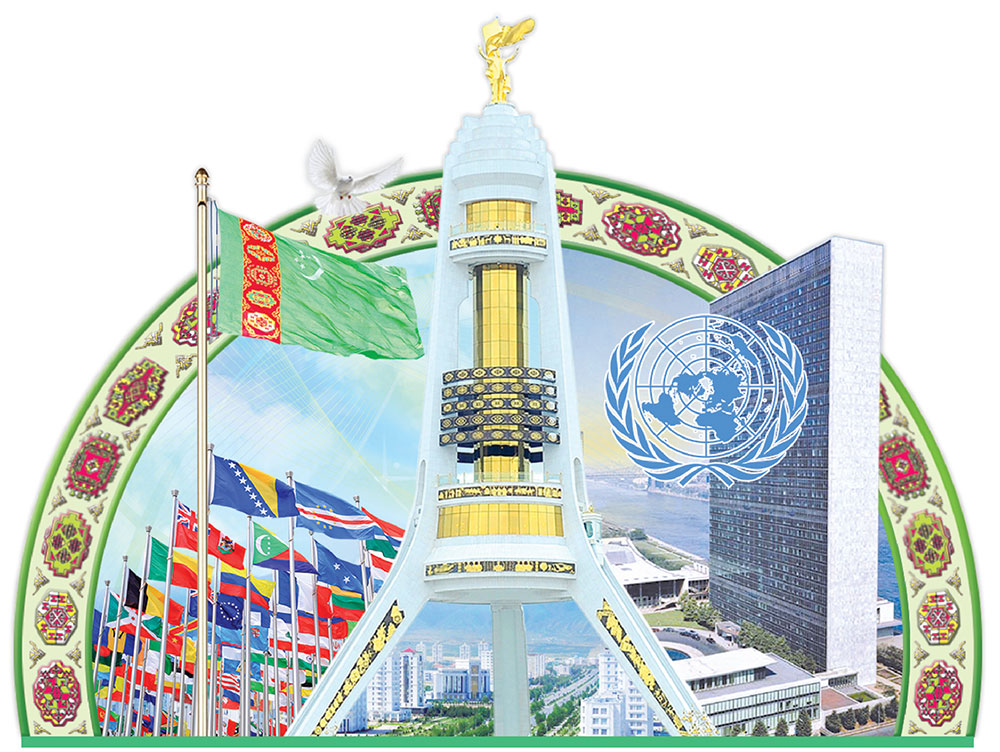
News
Reflections on the training: Enhancing Professional Competence
202

Turkmenistan places great emphasis on fostering a modern and progressive educational environment that meets international standards while preserving national values and traditions. In recent years, considerable efforts have been directed toward improving the quality of education, updating curricula, introducing innovative pedagogical approaches, and expanding professional development opportunities for teachers. The formation of the new model of the education system of Turkmenistan is based on the country’s rich national experience, strong teaching traditions, and universal educational standards. With this goal, Turkmenistan consistently strengthens international cooperation aimed at training highly qualified professionals and continuously improving their professional skills. The country actively integrates into the global educational community and expands mutually beneficial partnerships with prestigious international organizations and many countries — including the Russian Federation, which is considered a strategic partner.
Within this framework, on October 20 of the current year the Ministry of Education of Turkmenistan and the National Institute of Education organized professional development training sessions for teachers at the modern building of the Aman Kekilov Pedagogical School. These practical and methodological courses were being conducted by professors and lecturers from the Naberezhnye Chelny State Pedagogical University of the Republic of Tatarstan, Russian Federation.
It is worth noting that the courses were held within the framework of a cooperation agreement between the National Institute of Education of Turkmenistan and the Naberezhnye Chelny State Pedagogical University. Their main purpose was to enhance teachers’ professional qualifications and refine their pedagogical mastery. Participants included educators from Ashgabat, Arkadag, all regional educational institutions, rehabilitation and training centers, institutes, and universities across the country.
Participation in the training devoted to the development of professional competence and communicative culture of educators has been a highly significant and intellectually enriching experience. The series of sessions provided an opportunity to reconsider the essence of the modern teacher’s professional mission, to evaluate contemporary pedagogical paradigms, and to acquire practical tools aimed at improving the quality of teaching and learning in higher education. The event served not only as a platform for theoretical reflection but also as a space for productive professional dialogue and the exchange of innovative pedagogical practices.
During this training, we discussed variety of topics. The discussion of the first topic, “Professional competences and skills of a modern teacher as a condition for the student’s personal growth,” deepened my understanding of the integral role of the educator in shaping the intellectual and personal development of students. The modern teacher, as we concluded, is not merely a transmitter of knowledge but a facilitator of learning, a mentor, and a designer of the educational environment. The sessions emphasized that continuous professional self-improvement is an indispensable prerequisite for ensuring students’ successful learning outcomes and personal growth. This realization encouraged me to adopt a more systematic approach to self-assessment and lifelong professional learning.
The second theme, “Foundations of communicative culture of the teacher and effective techniques of pedagogical communication,” highlighted the decisive importance of communication in the educational process. A teacher’s communicative culture manifests itself in linguistic precision, emotional intelligence, empathy, and the capacity to create an atmosphere of mutual respect and trust. Of particular interest was the introduction of the POPS method (Position, Explanation, Example, Summary), which provides a clear structure for argumentation and the presentation of ideas. Mastery of this format contributes to the development of reasoned and coherent speech, critical thinking, and dialogic interaction. The practical sessions demonstrated how effective communication not only facilitates the transmission of knowledge but also serves as a means of motivating students and maintaining their engagement in the learning process.
The third topic, “The competence-based approach as the main paradigm of modern higher education,” provided a conceptual framework for understanding current educational reforms. The competence approach represents a transition from the accumulation of knowledge to the formation of integrated competencies that enable graduates to apply their knowledge creatively in professional and social contexts. The seminar discussions underscored that this paradigm requires educators to rethink traditional teaching methods and adopt student-centered, practice-oriented strategies. The teacher’s task is to create learning situations that foster independent problem-solving, collaboration, and reflective thinking.
In addition to the theoretical content, the seminar offered a valuable opportunity for the exchange of professional experience among participants. Through discussions and collaborative tasks, we explored diverse ways of sustaining students’ attention, enhancing their intrinsic motivation, and promoting active learning. The presentations of colleagues were rich in methodological insights, which I intend to incorporate into my own teaching practice.
The training reaffirmed that the modern teacher’s success is determined by a commitment to lifelong learning, open-minded communication, and the pursuit of excellence in every dimension of professional activity.
Upon successful completion of the training, participants were awarded internationally recognized certificates issued under the joint Turkmen-Russian partnership.
I would like to express my heartfelt gratitude to our Hero Arkadag and Arkadagly Hero Serdar for creating such valuable opportunities for professional development and international cooperation. The visionary leadership and continued support of Hero Arkadag and Arkadagly Hero Serdar in advancing the education system inspire every teacher to strive for excellence and contribute to the bright future of our beloved Motherland.
Dovletmammet Azady Turkmen national institute of world languages,
English philology department, junior teacher Mahriban Tekemammedova
744000, Turkmenistan, Ashgabat city, Baktyarlyk etrap, Magtymguly avenue, 136 house
© 2025 Ministry of education of Turkmenistan Innovation information center. All rights reserved.



